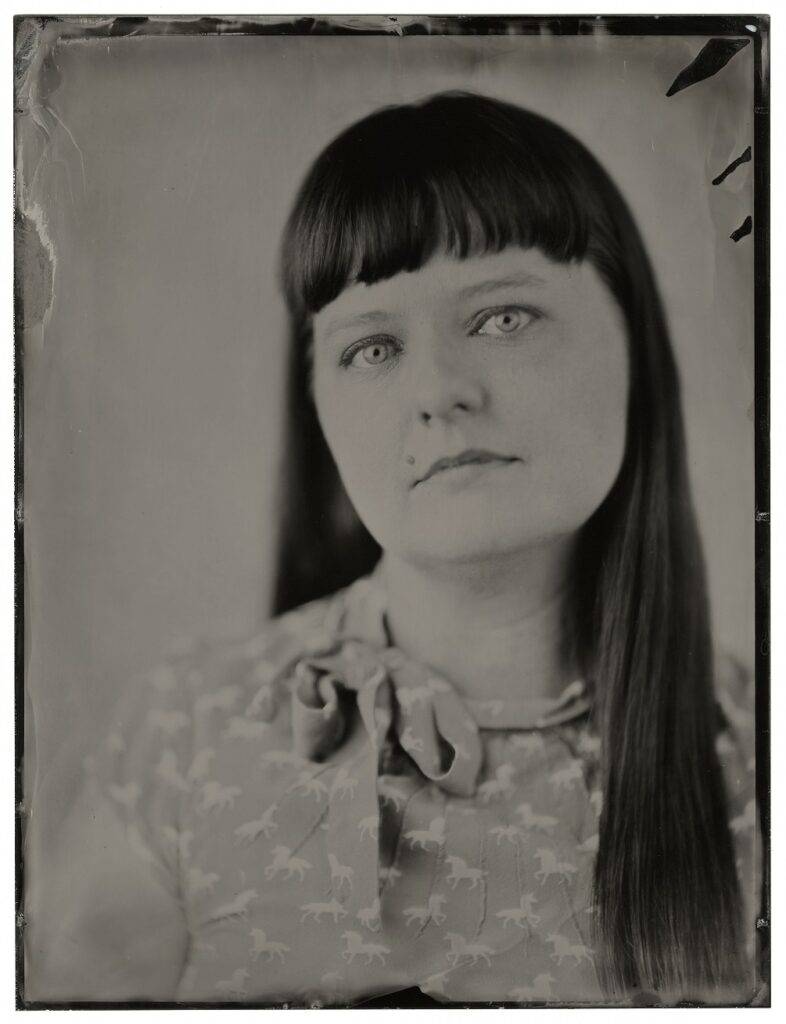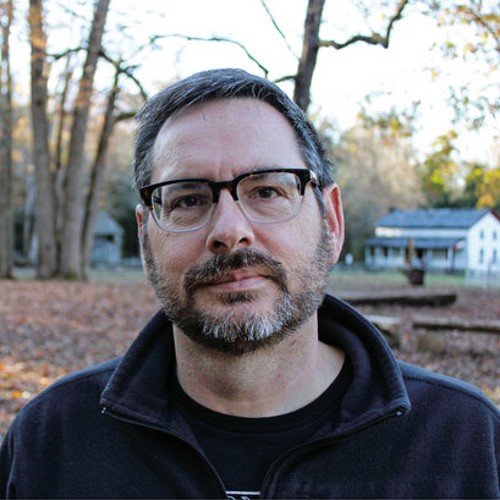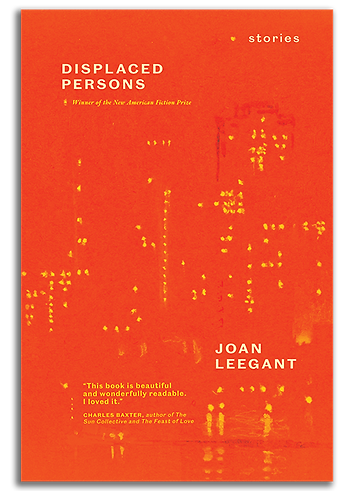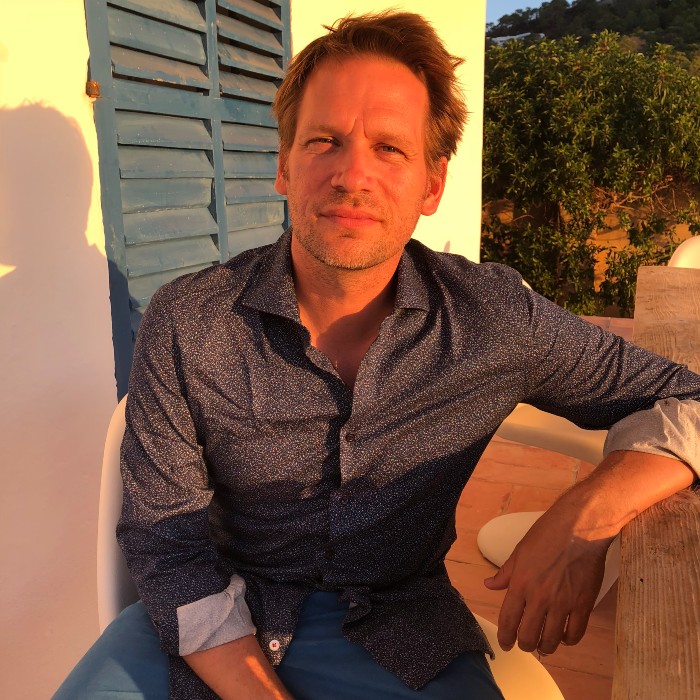
I first met Katharine Coldiron when she conducted a brief interview with me. Since then, our paths have crossed at conferences, and is our punishment for living in a modern age, social media. Since our introduction, I’ve grown to know Coldiron as a skilled writer and critic who is capable of moving between genres and styles with savvy flair and cutting edges. Her book Cerimonials is a breathtaking lyric novella following two young lovers with style and bite. Her books on film, Junk Film and Plan 9 from Outer Space are clever and offer smart insights. With her latest book, Wire Mothers, Coldiron presents us with a handful of tightly written short stories probing bad things—bad parents, bad choices, and bad feelings. As I’ve done with all of Coldiron’s writing, I read the collection in what felt like a heartbeat. Coldiron was kind enough to take a few moments from her busy schedule to chat about craft, broken things, and the homes we can’t seem to shake.







